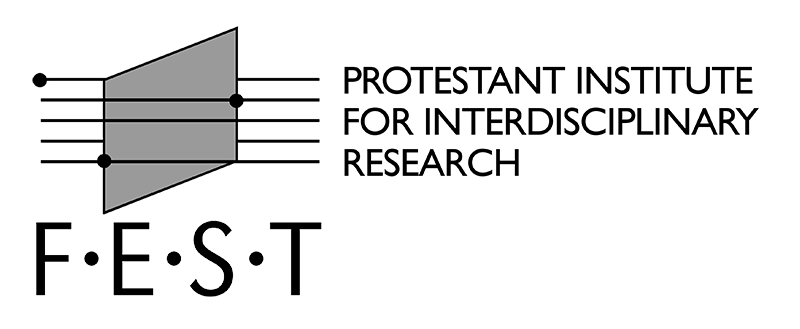person
Identifier (Artikel)
Identifier (Dateien)
Abstract
The concept of person is associated with intensional questions about the individuality, transtemporal identity, constitution, normativity and rationality of a subject. Extentional questions arise as to whether all humans are persons and whether there are also non-human persons. In the history of philosophy, three paradigms can be distinguished: (1) The ontological definition of the person as “an individual substance of a rational nature” (Boethius). (2) The self-consciousness-based definition of the person as a being that “can conceive itself as itself” (John Locke). (3) The moral-philosophical definition of the person as “an end in itself” (Immanuel Kant). In current analytical debate, the focus has shifted to the relationship between bodily organism and person. The theory of animalism (Eric T. Olson) states that persons are essentially animals and that mental or psychological attributes play no role in their identity. Constitution theory (Lynne Baker), on the other hand, attempts to define the person as a natural and at the same time self-conscious being: the bodily organism constitutes the person without being identical to it. Rather, it forms with it a “unity without identity”. A promising candidate for conceiving the natural-rational unity of the person has emerged recently in the concept of the “person life” (Marya Schechtman).
Statistiken

Lizenz

Dieses Werk steht unter der Lizenz Creative Commons Namensnennung - Keine Bearbeitungen 4.0 International.


